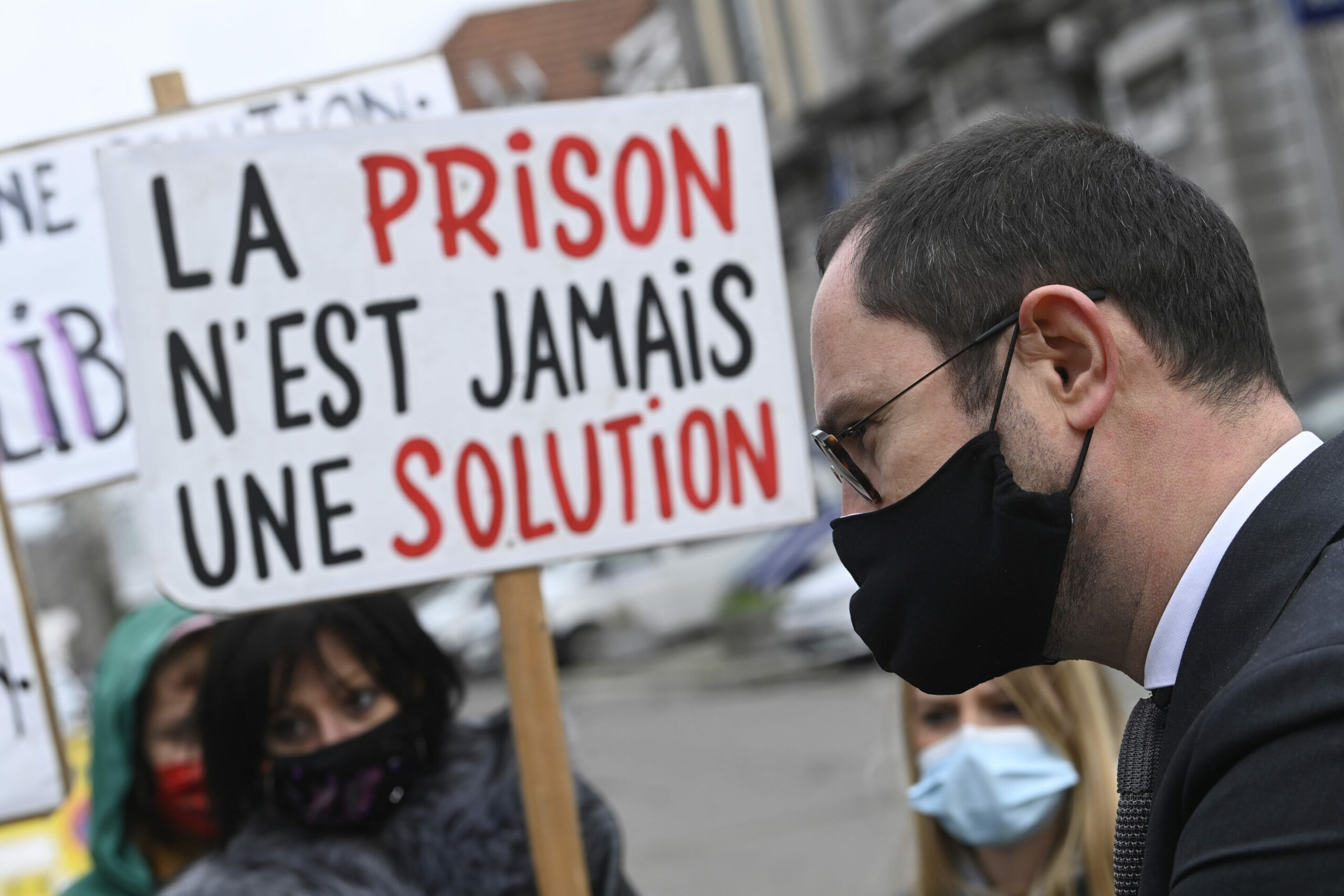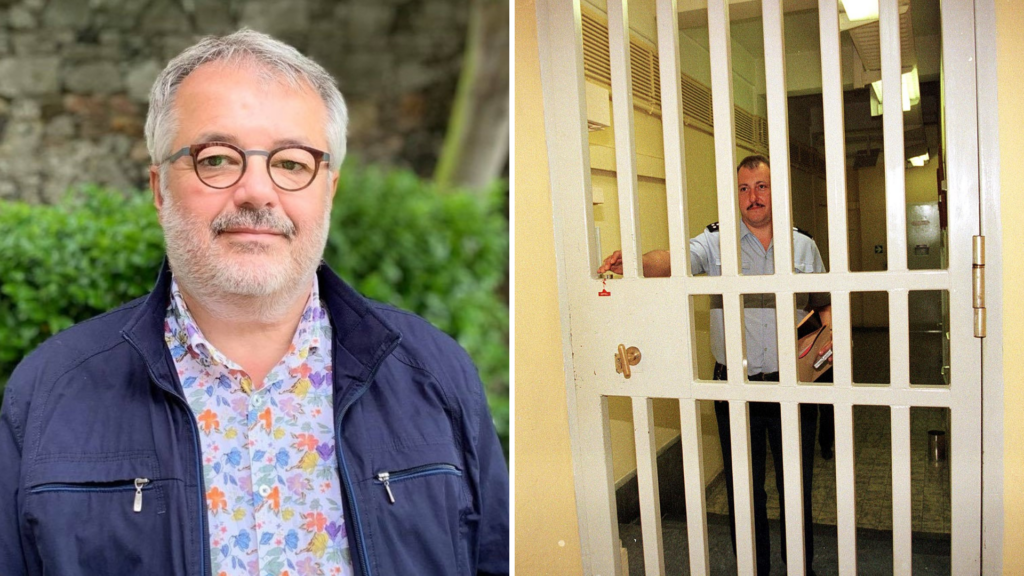The mayor of Huy Éric Dosogne (PS) has ordered the closure of the local prison unless the Federal Government does something about the crumbling facilities and hard conditions for inmates and staff alike.
The mayor of the Liège province town has issued a notice of closure to the Federal Justice Minister Paul Van Tigchelt (Open VLD) and Secretary of State for the Buildings Agency Mathieu Michel (MR), warning that local prison facilities are too "dangerous" to continue using.
"The state of the prison's interior is catastrophic," he told L'Avenir. "There are 66 breaches of electrical installations and four major breaches of the high-voltage cabin. There are also fire doors that are no longer effective, and no smoke vents. And finally, the icing on the cake is that infrastructure is weak and would collapse very quickly in the event of a fire."
The socialist mayor stressed that local authorities have spent years campaigning to improve conditions. "I have issued a closure order because I don't want to be responsible if there is an incident linked to the dilapidated state of the building."
Dosogne has given the Federal Government 10 days to react and propose a viable solution. "These are not just empty words. I'm determined to close the prison if things don't change."

'Prison is never a solution'. Protestors and former Justice Minister Vincent Van Quickenborne outside Huy prison during the Covid-19 pandemic, when inmates' living conditions worsened considerably. Credit: Belga / Bert Van Den Broucke
So far, Michel (who is European Council President Charles Michel's brother) has reiterated his commitment to resolving long-standing issues at Huy prison. Since Dosogne's defiant statement on Wednesday evening, his office has even suggested transferring prison facilities to a new building.
"Huy is definitely one of our priorities," spokesperson Axel Nulluy said. "Either we renovate the entire building and add an annex for 50 extra cells, or we build a new prison. Whichever option is chosen, it will in any case meet current standards and solve the problem of overcrowding. All of this obviously takes time."
Overcrowding
Conditions in Huy are part of a wider crisis the Belgian prison system has faced for decades, and overcrowding has exacerbated pre-existing structural problems like those described by Dosogne. The number of people detained in Belgium reached 12,000 in January, surpassing the system's capacity of 10,700 by 12%.

Prison in Huy. Credit: Belga / Bert Van den Broucke
The subsequent squeeze has led to many cases of three inmates sleeping in 9m2 cells designed for two people, with the third person sleeping on a mattress on the ground. Bedbug and fungus epidemics have plagued some facilities while in others, a small number of inmates sleep in windowless cells.
Unfavourable conditions feed anger and aggression, and there have been reports of numerous assaults on prison personnel, who are chronically understaffed. Strikes are almost constant as a result.
Fighting organised crime
Against a backdrop of this discontent, the Federal Police boast of using incarceration as a way to fight organised crime. In an annual report about police activity, Justice Minister Van Tighchelt said that "in 2023, the courts imposed a prison sentence of 4,707 years following investigations by the Federal Judicial Police. About 45% of these, 2,130 years, are convictions for drug-related offences."
This emphasis on incarceration for drug-related offences is particularly pertinent as authorities struggle to find an adequate response to the recent violence linked to drug wars in the capital. Pre-trial detention is becoming increasingly common, most notably in the Sky ECC investigation where 124 people are on trial for links to a massive criminal drugs network.
However, trade unionists denounce an over-use of pre-trial detention and say these measures must be accompanied by a significant increase in prison staff.
"These short sentences are now causing a major problem," Eddy De Smedt of trade union VSOA told Het Nieuwsblad in January. "There are serious cases of people who absolutely do not belong in a cell."

